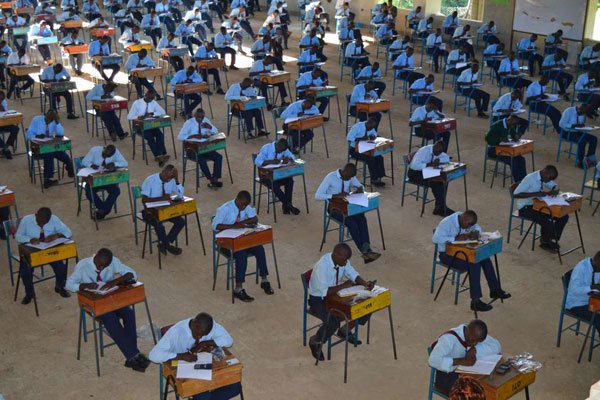×
The Standard e-Paper
Stay Informed, Even Offline

Parents will have to dig deeper into their pockets if the government yields to demands by head teachers to increase secondary school fees in January next year.
Yesterday, the Kenya Secondary School Heads Association (Kessha) said high inflation had pushed the cost of utilities through the roof hence the need to raise the cost of education.